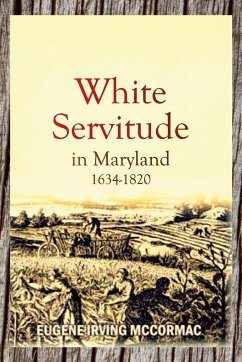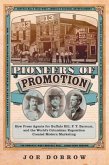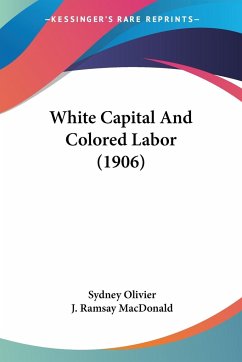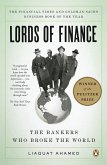"Eugene McCormac writes that running away was characteristic of servitude and that it cut into profits." - Liberation Theology Along the Potomac (2011) "In Eugene McCormac's study of indentured servants in Maryland, he notes that in the Assembly of 1637/38 there were fifteen former servants." - Social and Political Disorder in Proprietary Maryland (1970) "From Eugene McCormac in 1904...to Gloria Main...historians have seen the plantation system as inimicable to the interest of free craftsmen." - Colonial Chesapeake Society (2015) Is there any truth to claims that white people were kept as slaves on early colonial American plantations? University of California Professor of American History, Eugene Irving McCormac (1872-1943), answers this question and more in his 85-page book "White Servitude in Maryland, 1634-1820." In introducing his book, McCormac writes: "For a number of years the involuntary emigrants probably outnumbered those who went of their own free wills....The system of servitude thus early established in Virginia was adopted by Lord Baltimore as a means of settling and developing the colony of Maryland. Too poor to send out settlers himself, he induced others to transport servants in return for grants of land in the new colony."







